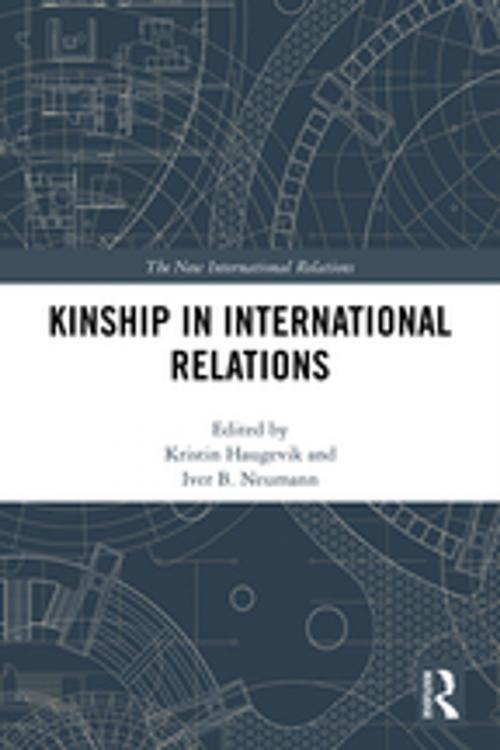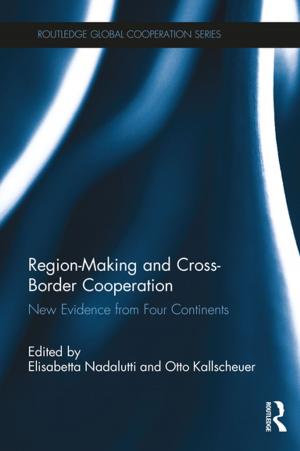Kinship in International Relations
Nonfiction, Social & Cultural Studies, Political Science, International, International Relations, Politics, History & Theory| Author: | ISBN: | 9780429016790 | |
| Publisher: | Taylor and Francis | Publication: | August 28, 2018 |
| Imprint: | Routledge | Language: | English |
| Author: | |
| ISBN: | 9780429016790 |
| Publisher: | Taylor and Francis |
| Publication: | August 28, 2018 |
| Imprint: | Routledge |
| Language: | English |
While kinship is among the basic organizing principles of all human life, its role in and implications for international politics and relations have been subject to surprisingly little exploration in International Relations (IR) scholarship. This volume is the first volume aimed at thinking systematically about kinship in IR – as an organizing principle, as a source of political and social processes and outcomes, and as a practical and analytical category that not only reflects but also shapes politics and interaction on the international political arena.
Contributors trace everyday uses of kinship terminology to explore the relevance of kinship in different political and cultural contexts and to look at interactions taking place above, at and within the state level. The book suggests that kinship can expand or limit actors’ political room for maneuvereon the international political arena, making some actions and practices appear possible and likely, and others less so. As an analytical category, kinship can help us categorize and understand relations between actors in the international arena. It presents itself as a ready-made classificatory system for understanding how entities within a hierarchy are organized in relation to one another, and how this logic is all at once natural and social.
While kinship is among the basic organizing principles of all human life, its role in and implications for international politics and relations have been subject to surprisingly little exploration in International Relations (IR) scholarship. This volume is the first volume aimed at thinking systematically about kinship in IR – as an organizing principle, as a source of political and social processes and outcomes, and as a practical and analytical category that not only reflects but also shapes politics and interaction on the international political arena.
Contributors trace everyday uses of kinship terminology to explore the relevance of kinship in different political and cultural contexts and to look at interactions taking place above, at and within the state level. The book suggests that kinship can expand or limit actors’ political room for maneuvereon the international political arena, making some actions and practices appear possible and likely, and others less so. As an analytical category, kinship can help us categorize and understand relations between actors in the international arena. It presents itself as a ready-made classificatory system for understanding how entities within a hierarchy are organized in relation to one another, and how this logic is all at once natural and social.















